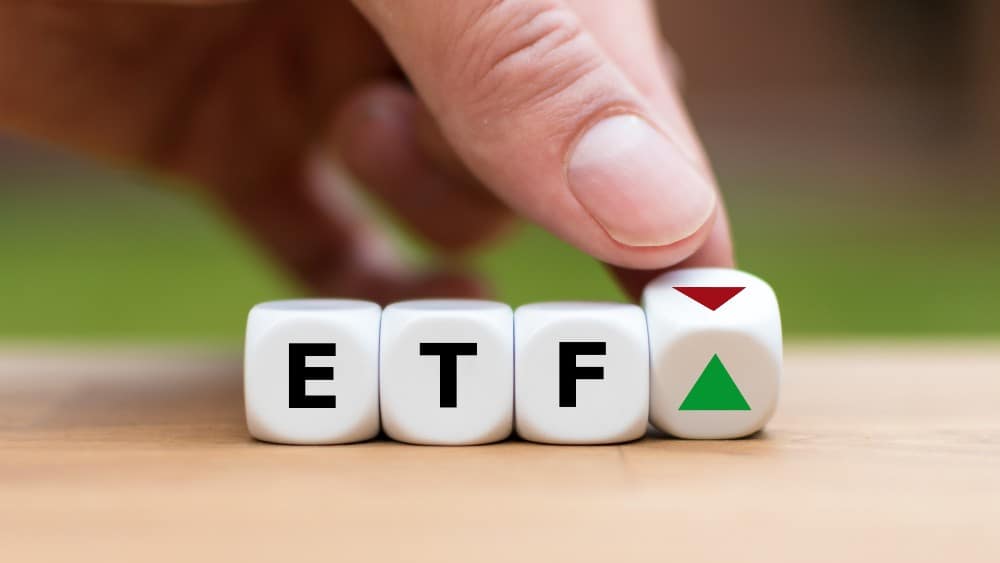Many investors, old and new, see the benefits of investing in exchange-traded funds (ETFs). The key takeaway is instant diversification or low-cost access to a variety of assets, industries, or sectors. However, investors must fully understand beforehand the rudiments of ETF investing to avoid surprises.
Passive or laid-back investors usually prefer ETFs because it eliminates the hassle of picking individual stocks. It also doesn’t require extensive evaluation. Fund supporters say the built-in diversification is the distinct advantage. A better performing stock in the portfolio can offset a poor performer.
Still, there are ETF characteristics that don’t sit well with some investors or are deal-busters.
1. Not immune from market volatility
Diversification is the main selling point of ETFs. Unfortunately, the fund isn’t immune to market volatility even with multiple underlying positions. There could be wild spikes and dips depending on the scope of the ETF. One tip to mitigate the risk is to pick a fund that tracks a broad market index, not a sector or industry.
The advice is to know first what the ETF is tracking and be aware of the underlying risks. Like with individual stocks, ETFs have strengths and weaknesses, and therefore, the funds are not the same.
2. No control on investment
ETFs are excellent investment vehicles, although the lack of investor control over the holdings in the fund is a limitation. You can’t avoid a company or sector you dislike in the underlying index. In such a situation, prospective investors revert to individual stocks.
3. Lack of trading interest
ETFs trade like regular stocks but there’s no certainty you can sell the asset if you need to liquidate. The lack of trading interest could be a material issue to investors. You can get stuck with ETF if it’s thinly traded or there are no ready takers. It would help to review the historical returns or study the market movements before taking a position.
ETF comparison
XIT’s target exposure are Canada’s information technology companies. The ETF’s investment objective is to deliver long-term growth by replicating the performance of the S&P/TSX Capped Information Technology Index. There are 24 holdings with a higher weight on application software companies (54.16%).
If you’re choosing between the two ETFs, look at the risk ratings. XEI is medium, while XIT is medium to high. Performance-wise, XEI’s total return in 3.01 years is 54.53% (15.57% CAGR) compared with XIT’s 121.8% (30.32% CAGR). The tech-heavy ETF has the upper-hand if you’re a growth investor. However, income investors will favour the dividend-paying fund.
Make sound decisions
Whether you invest in funds or stocks, the rule is to make sound investment decisions. While ETFs offer diversification, the pre-requisite is to check the risk rating before investing to be safe.
The post Deal-Busters: 3 ETF Flaws Investors Must Know appeared first on The Motley Fool Canada.
Should You Invest $1,000 In Ishares S&p/tsx Composite High Dividend Index Etf?
Before you consider Ishares S&p/tsx Composite High Dividend Index Etf, we think you’ll want to hear this.
Our S&P/TSX market doubling* Stock Advisor Canada team just released their top 10 starter stocks for 2022 that we believe could supercharge any portfolio.
Want to see if Ishares S&p/tsx Composite High Dividend Index Etf made our list? Get started with Stock Advisor Canada today to receive all 10 of our starter stocks, a fully stocked treasure trove of industry reports, two brand-new stock recommendations every month, and much more.
Click Here to Learn More About Stock Advisor Canada Today
* Returns as of 1/18/22
More reading
- Dividend Investors: 3 Top Canadian ETFs to Buy Now
- Is Shopify Stock Safer Than an ETF?
- TFSA Growth Investors: 1 Top Tech Investment to Buy After the Meta Platforms’ Plunge
- 2 Tech ETFs to Buy After the Tech Sell-Off
- 3 Situations When ETFs Are Better Choices Than Stocks
Fool contributor Christopher Liew has no position in any of the stocks mentioned. The Motley Fool has no position in any of the stocks mentioned.




 By:
By:





